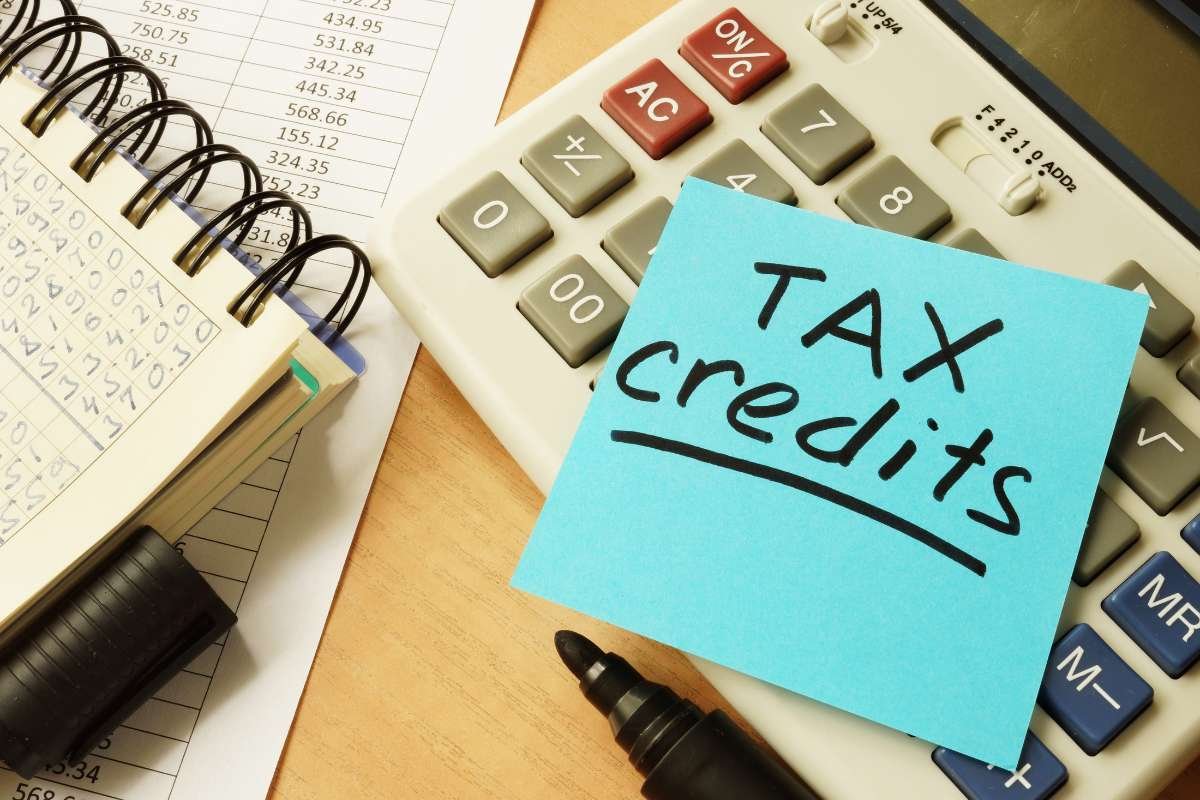As a small business owner, taxes can sometimes feel like a maze that’s hard to navigate. Between managing day-to-day operations and growing your company, taxes might not be at the top of your priority list. But what if I told you that you could save a significant amount of money simply by using the right tax strategies for small businesses? It’s true! By implementing effective tax strategies, you can reduce your tax bill and make sure that you’re not overpaying come tax season.
In this article, we’ll discuss practical tax strategies for small businesses to help you keep more money in your business, reduce stress, and stay on top of your finances.
Why Should You Focus on Tax Strategies for Small Businesses?
As a small business owner, taxes aren’t just a once-a-year event—they’re a constant part of managing your finances. By taking the time to learn about tax strategies for small businesses, you’re investing in your long-term success. With the right strategies, you can avoid common mistakes, maximize deductions, and minimize your overall tax burden. This isn’t just about saving money now; it’s about positioning your business for growth and future financial health.
Take Advantage of Business Deductions

One of the most straightforward tax strategies for small businesses is to ensure that you’re taking full advantage of available business deductions. Common business expenses such as office supplies, utilities, business travel, and salaries can often be written off, reducing your taxable income and ultimately lowering your tax bill.
For example, if you purchase new equipment or software for your business, these costs can be deducted. The more deductions you claim, the less taxable income you have, which in turn means you’ll owe less in taxes. It’s vital to keep detailed records of all your business-related expenses throughout the year, so you’re prepared when it’s time to file your taxes.
Contribute to Retirement Accounts
One tax-saving strategy for small businesses that many owners overlook is contributing to a retirement plan. Whether it’s a SEP IRA, Simple IRA, or a 401(k), contributions to these plans are tax-deductible. By contributing to a retirement plan, you reduce your taxable income and, at the same time, invest in your future. This is one of the smartest tax strategies for small businesses because it benefits you both now and in the long run.
Retirement accounts allow you to save for the future while lowering your tax burden today. Consider setting up a retirement plan for yourself and your employees, and make sure to take full advantage of the tax benefits they offer.
Track Vehicle and Travel Expenses
Many small business owners use their vehicles for business purposes, whether it’s for client meetings, deliveries, or traveling between multiple office locations. This can result in some valuable deductions if you keep track of your mileage and other related expenses. Similarly, business travel expenses, such as flights, hotels, and meals, can also be written off.
When it comes to tax strategies for small businesses, it’s crucial to keep records of these expenses, so you can claim them at tax time. Be sure to separate personal and business-related travel to avoid any confusion. You may be surprised at how much you can save simply by tracking these expenses!
Choose the Right Business Structure
Your business’s legal structure plays a significant role in determining your tax responsibilities. Whether you’re a sole proprietor, LLC, or S-corp can have a direct impact on the amount you pay in taxes. For example, as a sole proprietor, your business income is taxed as personal income, which can result in a higher tax bill.
On the other hand, forming an LLC or electing S-corp status could provide you with the opportunity to reduce self-employment taxes on part of your income. One of the most valuable tax strategies for small businesses is to carefully consider which business structure will give you the most favorable tax treatment.
Take Advantage of Tax Credits

In addition to deductions, small businesses can benefit from various tax credits. Unlike deductions, which reduce your taxable income, tax credits directly reduce the amount of tax you owe. Some of the most well-known credits for small businesses include the Research and Development (R&D) Tax Credit and the Work Opportunity Tax Credit.
By making sure you’re aware of the available credits, you can potentially lower your overall tax bill. This is a key part of any comprehensive tax strategy for small businesses. Be sure to consult with a tax professional to identify which credits you may qualify for.
Don’t Forget Estimated Taxes
As a small business owner, you’re generally required to pay estimated taxes throughout the year. This is especially true if you don’t have taxes withheld from your paycheck. Quarterly estimated payments can help you avoid a big tax bill at the end of the year, and they also help you avoid penalties for underpayment.
It’s important to plan ahead and make these payments on time. One of the simplest tax strategies for small businesses is to set aside a portion of your income for taxes throughout the year, so you’re not caught off guard come tax season.
Invest in Your Business to Save on Taxes
Reinvesting profits back into your business can be a great way to grow and improve, but it can also offer some valuable tax benefits. Business investments, such as buying new equipment or upgrading software, can often be deducted as expenses, which reduces your taxable income.
By strategically investing in your business, you can lower your taxes while also improving your operations. When considering how to reinvest, keep in mind the available tax strategies for small businesses, which allow you to offset some of those expenses.
Work with a Tax Professional

While these tax strategies for small businesses can certainly help you save money, tax laws are constantly changing, and they can be complex. Working with a tax professional is one of the most effective ways to ensure you’re using the best strategies for your unique situation. An experienced accountant or tax advisor can guide you through the process, help you plan ahead, and make sure you’re taking advantage of every opportunity to save on taxes.
Tax professionals also stay up to date on changes to tax laws, so they can help you adjust your strategy if needed. This makes them an invaluable resource when it comes to managing your business finances.
Conclusion
Managing taxes as a small business owner doesn’t have to be overwhelming. By implementing the right tax strategies for small businesses, you can reduce your tax burden and keep more of your earnings. From taking advantage of deductions and tax credits to working with a professional, these strategies can make a big difference in your bottom line.
Remember, tax planning isn’t something you do just once a year, it’s an ongoing process. Stay organized, keep track of your expenses, and take a proactive approach to taxes. With the right strategies, you’ll not only save money, but you’ll also set your business up for long-term success.











